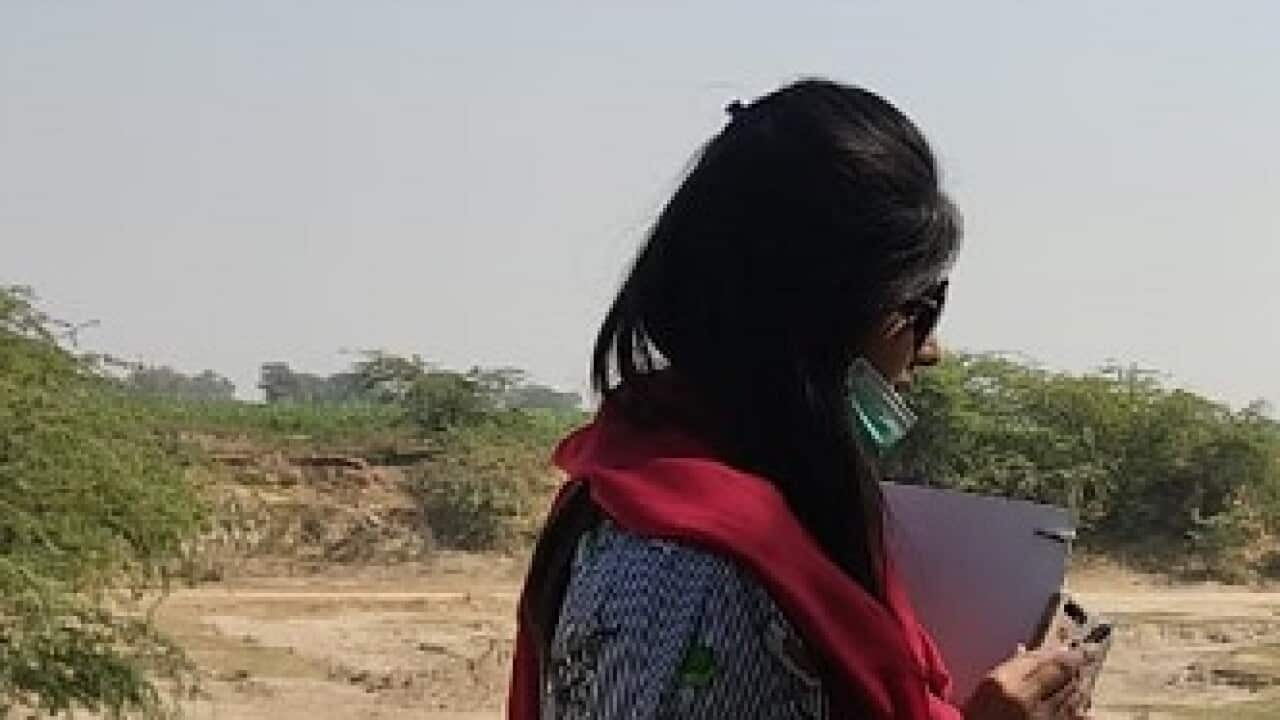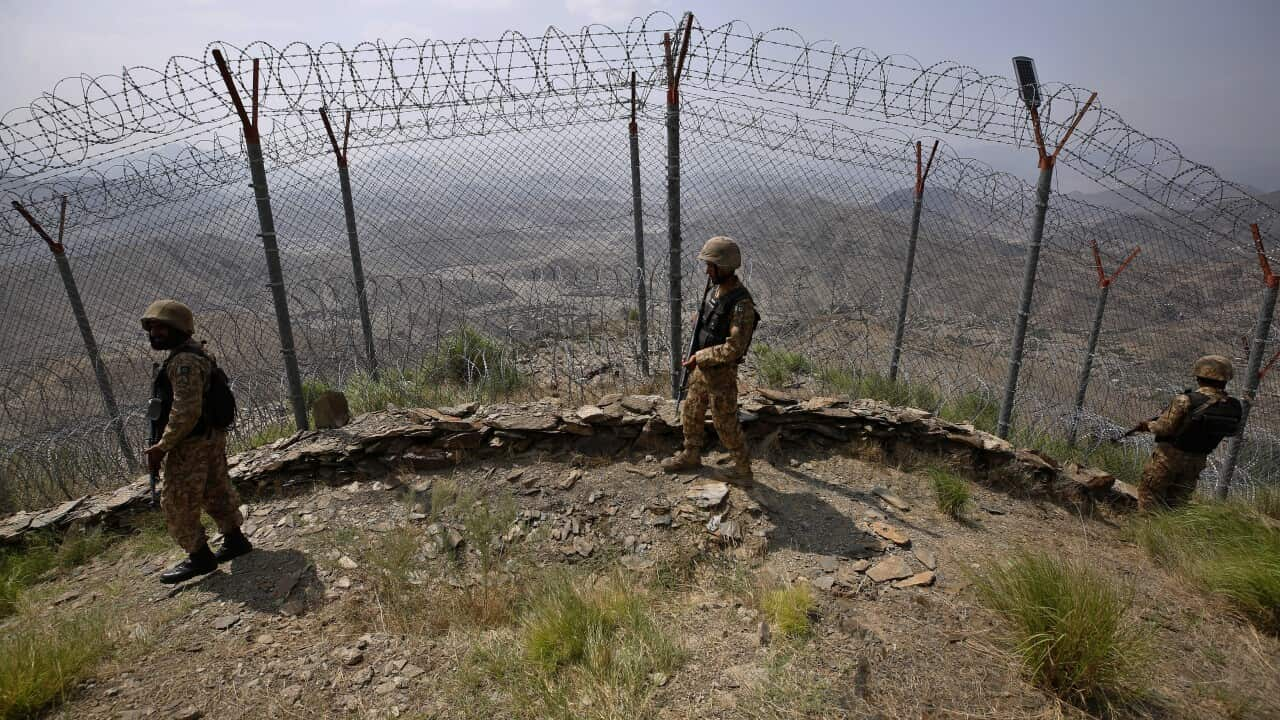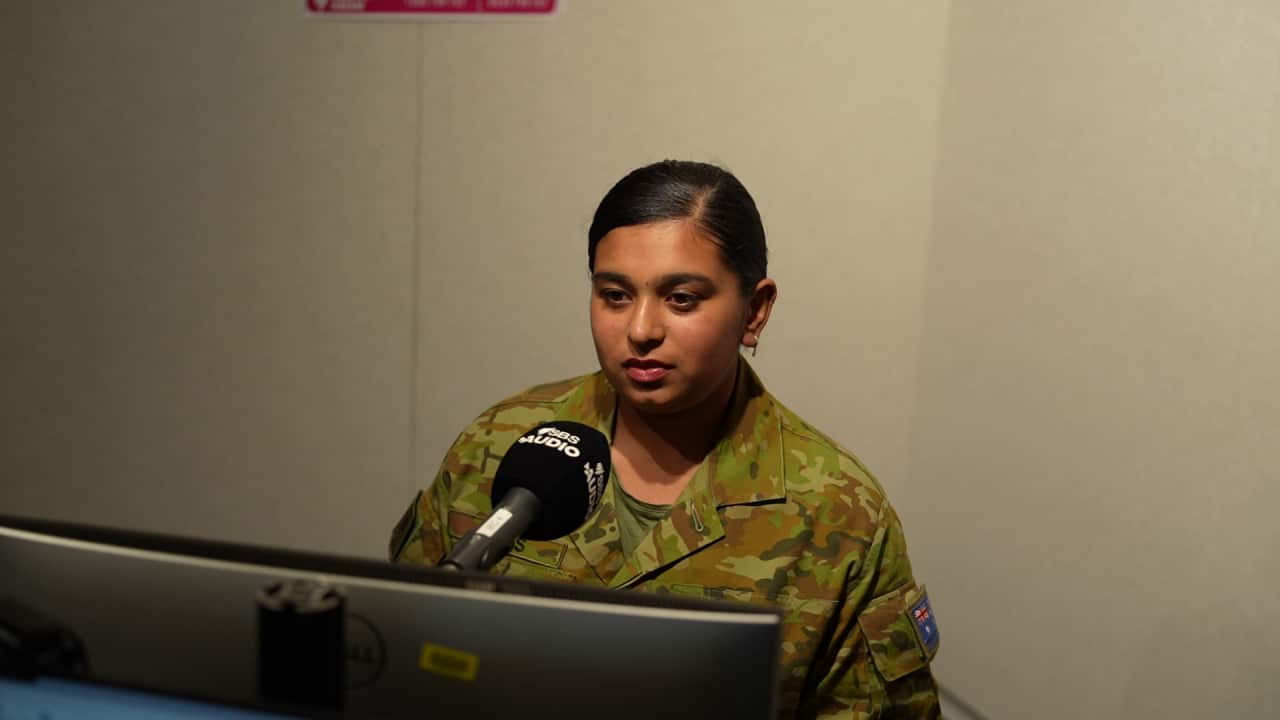Maria Saeed works for the Punjab Irrigation Department which looks after the water supply for Pakistan’s largest province, Punjab, which has a population of more than 110 million people.
A civil engineer by profession, her aim is to improve lives through the “efficient use of water” in agriculture and other industries.
“Farmers don’t understand or lack of knowledge about water conservation," she said. "They will use groundwater but will not think about dropping levels of water in Pakistan.”
Pakistan is one of the most 'water-stressed' countries in the world. With a population of over 230 million, around 56 per cent of people in Pakistan have access to safe drinking water, while 30 per cent of diseases and 40 per cent of deaths are linked to the consumption of unclean water.
“There is clearly more awareness in Australia about the importance of water as a resource from the highest levels of water managers to farmers and the locals," she said.
"Communities are educated and understand what water management is and how to efficiently use water; this lacks in Pakistan."
Ms Saeed said in order to grow better produce, farmers in Pakistan opt for using groundwater if the water department tries to conserve water, especially in the case of rice.
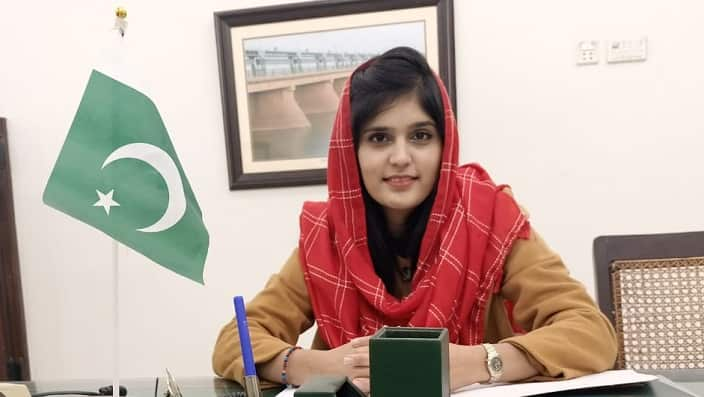
Ms Saeed has taken part in an Australia Awards Short Course provided by Griffith University that aims to enhance the knowledge of professionals from Pakistan.
Course facilitator Dr John Kirkwood said the purpose of the project is to bring Pakistani managers, academics and policy people to Australia, to look at how to manage water in a federated system.
“[Australia] has a lot of similarities to Pakistan in that we have a federal government and a number of state governments (in Pakistan it is provincial governments). In terms of water management, we have the Murray Darling River Basin flowing through the arid country and suffering some of the same issues that Pakistan is dealing with the Indus River Basin.
“The main issue is climate change in particular increase in aridity and in Australia’s case we are experiencing long periods of drought which is leading to increased aridity. There is also a governance issue where the river is governed by different jurisdictions, state and federal, and we need to ensure that there is the equitable flow of water to all the people who need it.”
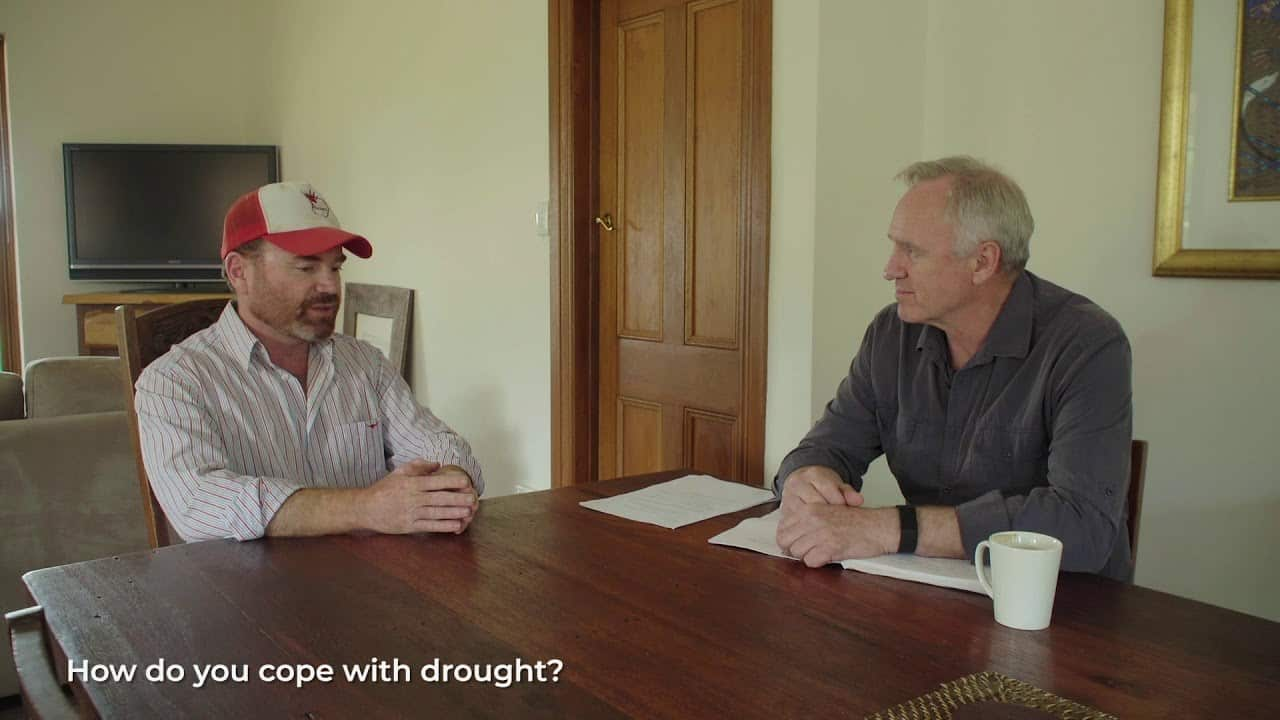
The course funded by the DFAT’s Australia Awards South Asia program invites the Pakistani professionals to visit Australia and gain the experience first-hand, but this year due to the COVID-19 pandemic, the course has moved to a virtual setting. The activities were presented via videos and online presentations.
“We decided that because the participants could not come here due to COVID-19, we decided we will do it as a virtual course. We have tried to present as much ground learning as we could and spoke to water managers, politicians and farmers, and users at the Murray Darling Basin,” Prof Kirkwood told SBS Urdu.
Other female participants in the course included Granaz Baloch from the University of Turbat and Daniya Khalid from Hisaar Foundation, while Khalid Iqbal represented Punjab’s Agriculture Extension Department and Muhammad Amir Khan participated from the Punjab Irrigation Department in Pakistan. 21 participants took part in the course, including 15 male and 6 female participants.
Common water challenges in Australia and Pakistan
Prof Kirkwood said both countries face similar issues of using water “more equitably, more efficiently and more effectively.”
“In most cases, water is used for agriculture so this means reducing the wastage of water through evaporation, using alternative sources of water, not relying on water directly from rivers and dams, looking at groundwater, looking at desalination, looking at recycled water and usage of diverse sources of water to use them more cleverly
Ms Saeed said the learnings from the course will help her educate other women in Pakistan who are "generally ignored" or not talked much about better water management.
However, she said more women are interested in education and the country might witness more women entering this field in the future.
She plans to create awareness for the efficient use of water in the community through short water courses, media interviews and promotional materials.
Catch the Urdu program every Wednesday and Sunday at 6 pm.
How to listen: https://www.sbs.com.au/language/english/listen-live-to-sbs-radio-s-urdu-program
COVID 19 latest updates in Urdu: https://www.sbs.com.au/language/urdu/coronavirus-updates
SBS Urdu Facebook page: https://www.facebook.com/SBSUrdu/
